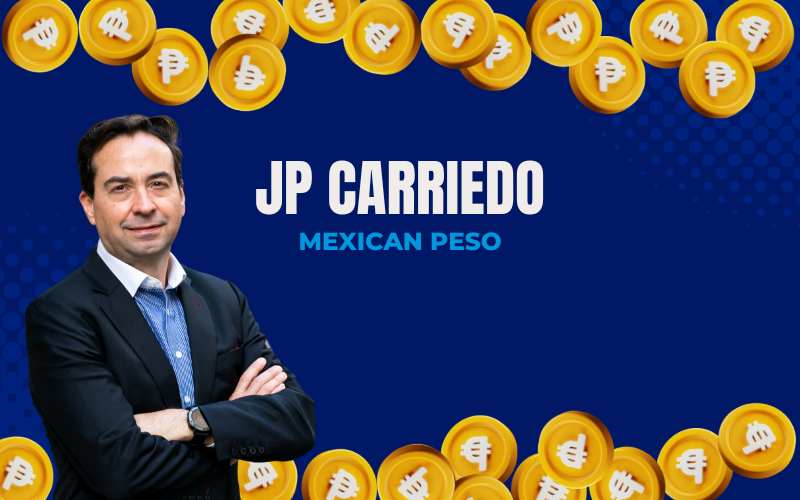MSCI’s index of Latin American currencies rose 0.4% to near July 2011’s all-time high, while an index of regional equities was flat on the day.
The U.S. Dollar was stuck around a three-year low after a softer than expected producer price inflation print followed Wednesday’s smaller than expected rise in consumer prices.
Further pressure came after U.S. President Donald Trump said on Wednesday that U.S. personnel were being moved out of the Middle East because “it could be a dangerous place”.
Meanwhile, the scant details of the U.S.-China preliminary trade truce struck earlier this week did little to support the dollar.
“In the midst of what has become roller coaster weekly developments changing the narrative, the overall consensus seems to be that it’s not the safest or it’s not the smartest to hold on to the dollar long term,” said Juan Perez, director of trading at Monex.
“In part because there is pressure from the federal government to tell the Federal Reserve to cut interest rates.”
Trump’s second term in the White House has upended the global trade status quo, raising questions for global growth and challenging the dominance of U.S. assets in investment portfolios.
This has helped boost Latin American assets, with lower valuations and attractive bond yields providing an incentive to invest in local markets.
In Brazil, the real was steady against the dollar, with data showing a smaller-than-expected monthly decline in retail sales volumes in April. Sao Paulo’s main stock index inched up 0.2%.
Mexico’s local equity index was down 0.4% while the peso was steady. The central bank, in its biannual stability report on Wednesday, acknowledged “resilience” in the country’s financial system despite longstanding challenges of rising inflation and stagnant growth.
In Colombia, in the throes of fiscal and political turmoil, the peso and main stock index were little changed. The country is considering boosting its debt by several billion dollars this year to cover a deepening fiscal deficit.
Leftist President Gustavo Petro on Wednesday signed a decree to hold a referendum on labor reforms, sparking criticism from opposition parties of constitutional overreach.
Chile’s peso rose 0.4% ahead of an interest rate decision next week, with traders anticipating no change. The Santiago stock index was just 0.1% higher.
State-run Codelco, the world’s largest copper producer, announced on Wednesday plans to boost production and finances by focusing on more public-private partnerships.
In Buenos Aires, the main stock index rose 0.9% ahead of inflation data.
Peru’s central bank will announce its rate decision later on Thursday, and is also expected to hold steady, at 4.50%. The Peruvian sol was largely unchanged.
Israel’s assets came under pressure as the regional geopolitical situation appeared to be deteriorating and as political instability deepened.
The country’s five-year credit default swaps rose nine basis points from Wednesday’s close, to reach 107 bps, according to S&P Global Market Intelligence.
Israel’s blue-chip index was down 1.6%. Its 100-year bond, which matures in 2120, fell by more than 1 cent on the dollar.




